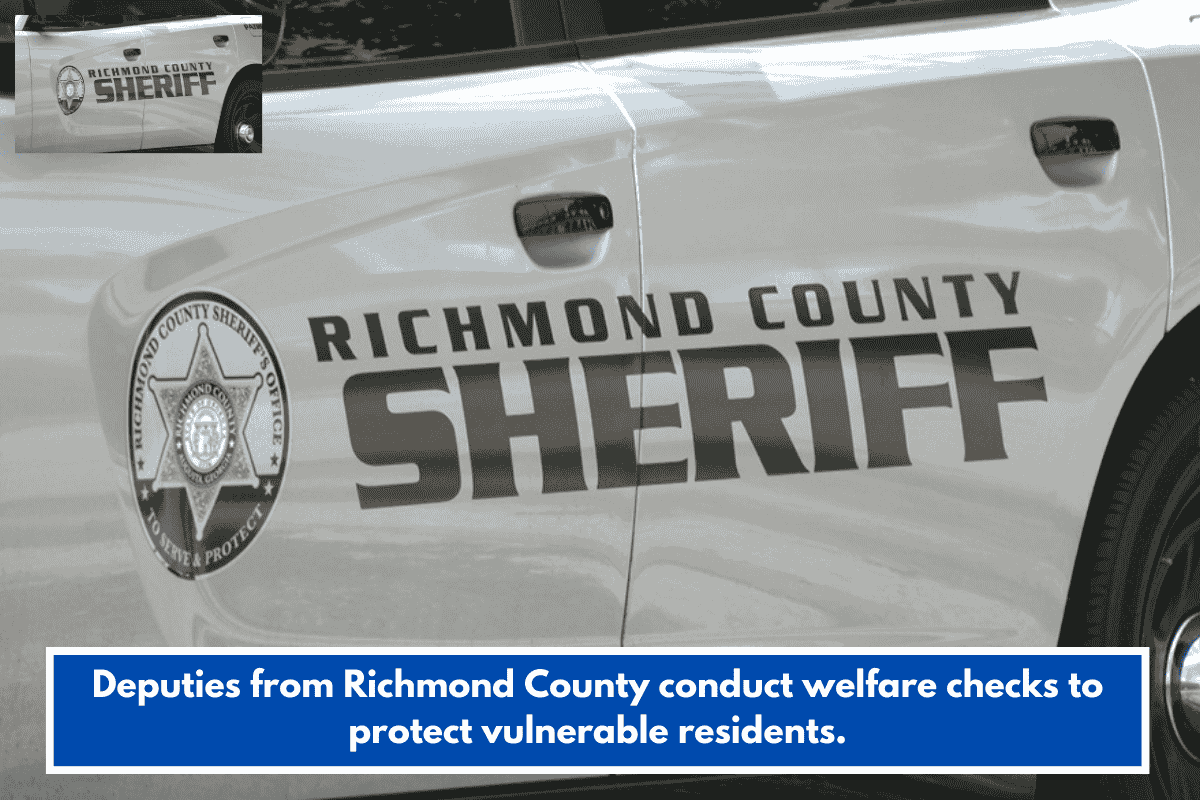The Stand Your Ground law is a significant part of self-defense laws in many states across the United States. In Connecticut, understanding this law is essential for anyone who wants to know their rights when it comes to self-defense in situations where their life is at risk. This article will break down the Stand Your Ground law in Connecticut, what it means for residents, and how it might affect you.
What is the Stand Your Ground Law?
The Stand Your Ground law gives individuals the right to use reasonable force, including deadly force, to defend themselves if they believe they are in immediate danger of being harmed. In simple terms, it means you do not have a duty to retreat if you are threatened, and you can defend yourself using force if necessary. However, the law only applies in situations where the threat is serious and imminent.
Does Connecticut Have a Stand Your Ground Law?
Unlike some states that have specific Stand Your Ground laws, Connecticut does not have a law with that exact name. However, the state does have laws surrounding self-defense, and these laws allow individuals to use force to protect themselves if they are in danger. Connecticut law includes provisions that allow people to defend themselves in certain situations without needing to retreat first.
Self-Defense Laws in Connecticut
In Connecticut, self-defense laws fall under a principle known as “justifiable use of force.” This includes both the use of non-deadly force and deadly force when necessary. Under Connecticut’s laws:
Non-Deadly Force: Individuals are allowed to use reasonable, non-deadly force to protect themselves, others, or their property. For example, if someone is trying to push you or attack you without a weapon, you can defend yourself using non-deadly force, like pushing them away.
Deadly Force: Deadly force can only be used when you reasonably believe that you are facing a threat of serious harm or death. If someone is attacking you with a weapon or poses an immediate danger to your life, you can use deadly force to protect yourself. The law does not require you to retreat if you are in a place where you have a right to be, such as your home.
Duty to Retreat: While many states have a “Duty to Retreat” rule, Connecticut does not. This means that if you are in a situation where you feel threatened and you have the legal right to be there, you do not need to try to escape before defending yourself. However, the force used must be reasonable and necessary to prevent harm.
When Can You Use Deadly Force in Connecticut?
Deadly force under Connecticut law is allowed in situations where there is an immediate threat of death or serious bodily harm. Some examples include:
Home Defense: If an intruder enters your home and poses a threat to your life or safety, you have the right to use deadly force to protect yourself and your family. This is often referred to as the “Castle Doctrine.”
Public Spaces: If you are attacked in public and there is an immediate risk to your life or safety, you may use deadly force to defend yourself, especially if you have no safe way to retreat.
Stand Your Ground vs. Duty to Retreat
The key difference between the Stand Your Ground law and the Duty to Retreat rule lies in whether you are required to attempt to retreat from the threat before using force. In states with Stand Your Ground laws, you do not have to try to escape if you are in a place where you have a right to be. However, in states with a Duty to Retreat rule, you must attempt to avoid the confrontation if possible before using force.
In Connecticut, since there is no legal duty to retreat, the use of force is allowed when necessary to protect yourself, provided you are in a place where you have the right to be and the force used is reasonable under the circumstances.
How is the Use of Force Evaluated?
In Connecticut, the use of force is evaluated based on what a reasonable person would do in the same situation. Factors that are considered when determining whether the use of force was justified include:
The severity of the threat.
The level of danger faced by the person.
Whether the person had a way to retreat or escape the situation.
The type of force used and whether it was proportional to the threat.
If a person uses more force than necessary or escalates a situation unnecessarily, their actions may not be protected under self-defense laws.
Legal Consequences of Using Force
While Connecticut law allows individuals to protect themselves using force, it also holds them accountable for their actions. If you use force in self-defense, you may still be arrested and charged with a crime. The decision to charge someone is made by law enforcement and prosecutors, who will review the details of the incident to determine whether the use of force was justifiable.
If the case goes to court, the judge or jury will decide whether the force used was reasonable under the circumstances. If it is determined that the force was not justified, you could face criminal charges, including assault or even manslaughter.
Connecticut doesn’t have a specific “Stand Your Ground” law, but its self-defense laws do allow individuals to use force to protect themselves when they are in danger. The law supports the right to defend yourself, including with deadly force, but only if the threat is immediate and serious. The force used must be proportional to the threat, and you are not required to retreat if you are in a place where you have the right to be.
Understanding these self-defense rules is essential for anyone living in Connecticut. It’s crucial to know when you can use force to protect yourself and what the legal implications are if you do. If you’re ever in a situation where you use force in self-defense, it’s recommended that you consult with a lawyer to ensure your rights are protected.
SOURCES
[1] https://www.billtrack50.com/billdetail/1794894
[2] https://en.wikipedia.org/wiki/Stand-your-ground_law
[3] https://www.cga.ct.gov/asp/CGABillStatus/cgabillstatus.asp?selBillType=Bill&bill_num=SB518
[4] https://www.cga.ct.gov/2025/ba/pdf/2025HB-07194-R000752-BA.pdf
[5] https://www.billtrack50.com/billdetail/1775360














